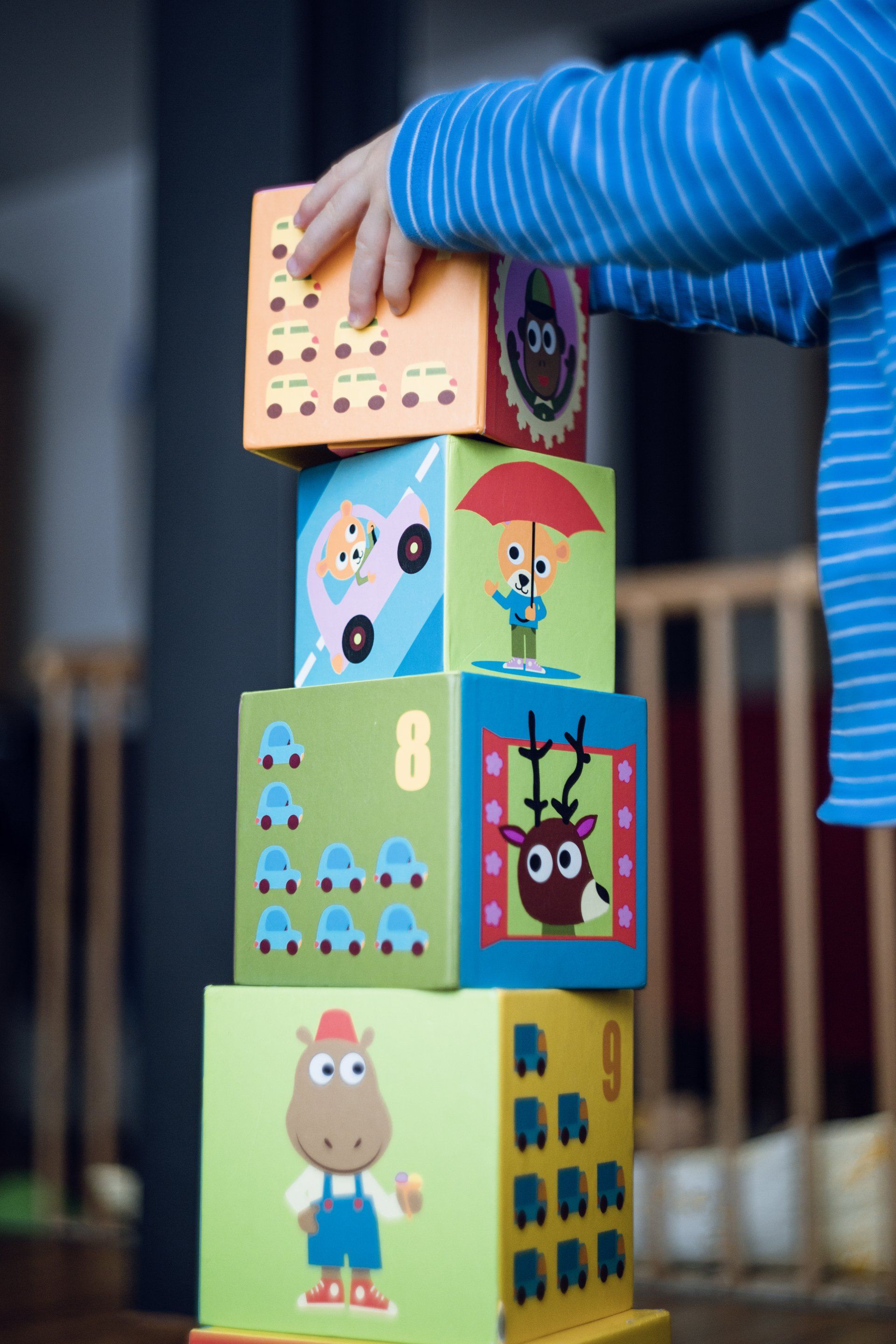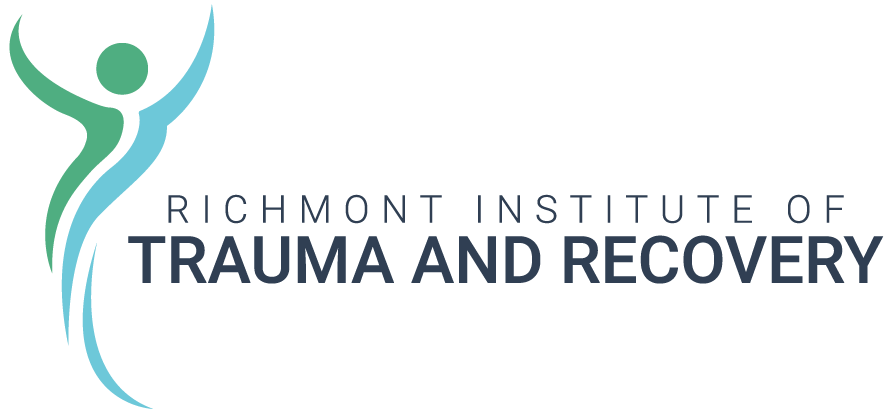Article by

When we learn to treat ourselves with love and patience, we begin to rebuild confidence and grow as addicts. However, you may be wondering if it's possible to rebuild trust with your spouse after the discovery of your porn addiction. The short answer is yes.
As you begin to work on rebuilding trust with your spouse you may quickly discover it's a complicated process. For example, your pornography use may leave your spouse feeling betrayed, hopeless, and devalued. As a result, restoring trust will require patience, empathy, and actions that back up your words. As you move toward porn addiction recovery, it will be essential to remember the only thing you're in control of is yourself.
In this article, we'll provide ways that may help you rebuild trust with your spouse as you work to overcome your porn addiction.

Why Setting Boundaries is Important to Rebuilding Trust After Discovery of a Porn Addiction
Setting and holding boundaries is a great way to bind you to your commitment to your spouse. Doing so can help both of you begin to heal, recover, and move forward in life.
There are many reasons why boundaries are a vital component of rebuilding trust after the discovery of your porn addiction. First, they offer observable action. We know actions speak louder than words; right now, your actions will be the factor that contributes to trust. Next, boundaries may help you draw on the power of support. Likewise, they can help you build self-confidence and discover your inner strength.
Although you can not control whether your spouse has a desire to rebuild trust, you can prove to yourself your level of commitment. As a result, you begin moving closer to healing and overcoming your porn addiction.

3 Ways to Begin to Rebuild Trust After Your Spouse Discovers Your Porn Addiction
Be Patient
Discovering a porn addiction can affect everyone differently. As a result, it's hard to say what your path toward restoring trust will look like. In your mind, you may get to a point where you feel like your spouse should trust you. However, it's important to remember you can't control that timeline. For many, discovering a porn addiction cuts right to the core. As you might imagine, there are many layers to that wound that will need healing. That being said, patience will be vital to your success.
Ask Your Spouse What They Need
Just like everyone reacts differently, what your spouse needs may also be different. For example, one person may need space, while another wants to spend more time together. The same could be true for the spouse that may randomly call and ask to see your computer screen.
In order to rebuild trust, your spouse is likely to need access to all of your digital devices at any time. Likewise, they may need you to commit to participating in a support group for those with porn addiction.
Seek Professional Help
Recovering from a betrayal, like discovering porn addiction, can be extremely difficult. As a result, finding a therapist who can help both of you heal and recover may be the best way to begin to restore trust. Through counseling, both of you can learn how to define your needs and safely hold each other accountable.
At Richmont University, we offer
counseling for individuals and
couples. We understand how difficult it can be to rebuild trust after discovering a porn addiction. As a result, we may be able to help you and your spouse heal and recover. We would love to talk to you. Call us today.






